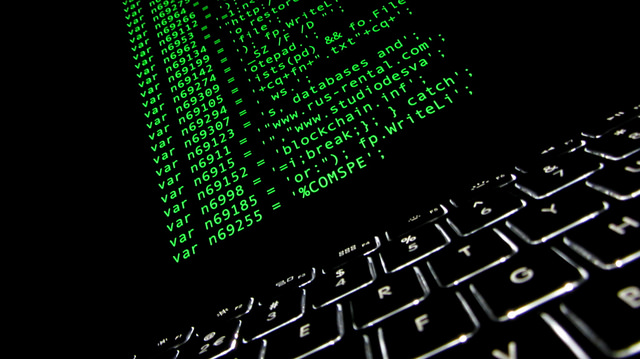Whilst amendments to the Assistance and Access Bill 2018 which passed the Senate today are an important step towards addressing serious concerns, the entire legislation is flawed and should be repealed, said Digital Rights Watch.
“We welcome the passage of amendments put forward by Labor that address the creation of systemic weaknesses in our encrypted systems – a fundamentally dangerous aspect of this Act,” said Digital Rights Watch’s Lizzie O’Shea.
“But the fact remains that tinkering at the edges of badly designed legislation is not going to solve the underlying problem – that that the powers being handed out to law enforcement are ill-informed, badly drafted and a gross overreach.”
“Last year we saw an utter debacle play out in our Parliament. The Bill was rammed through both houses on the very last sitting day of the year, with almost no time for consideration of amendments, justified by a sense of urgency that was entirely spurious. It is no surprise that what we are left with is bad law.”
“If Australians are forced to accept these laws as an ongoing reality, the very least we could ask for is adequate and relevant oversight by our judicial system. Both of the major parties seem content with handing out these powers to law enforcement but are unwilling to have a judge involved in the allocation and approval of warrants. If the powers will be used properly, agencies should have no concerns about subjecting them to judicial oversight.”
“These laws are still deeply flawed, and will weaken Australia’s overall cybersecurity, lower confidence in e-commerce, reduce standards of safety for data storage and reduce civil right protections. In their very design, they are antithetical to human rights and core democratic principles,” said Ms O’Shea.
“Encryption is not a barrier to a safe society – quite the opposite – it is a form of protection against criminal acts, including state-sponsored hacking. Encryption plays a role in protecting our digital infrastructure, such as the banking system, the electricity grid and mass transit systems. This is the future of warfare and encryption is one of our few defences against criminal and aggressive acts. It is an important line of defence against bad actors, and we weaken it at our peril.”
“We look forward to seeing the Government incorporate these changes in this deeply flawed legislation, as they had agreed to do last year” said Ms O’Shea.

